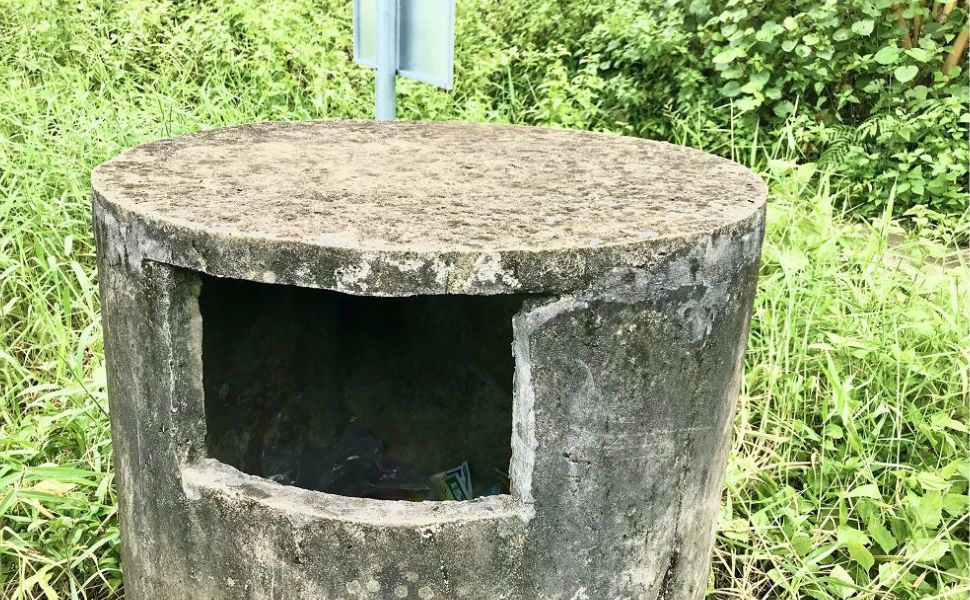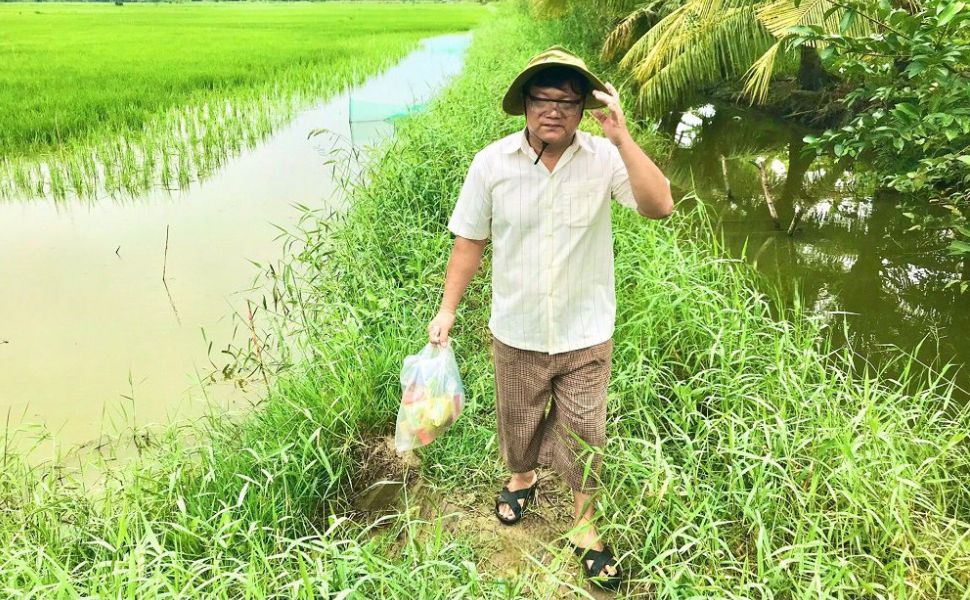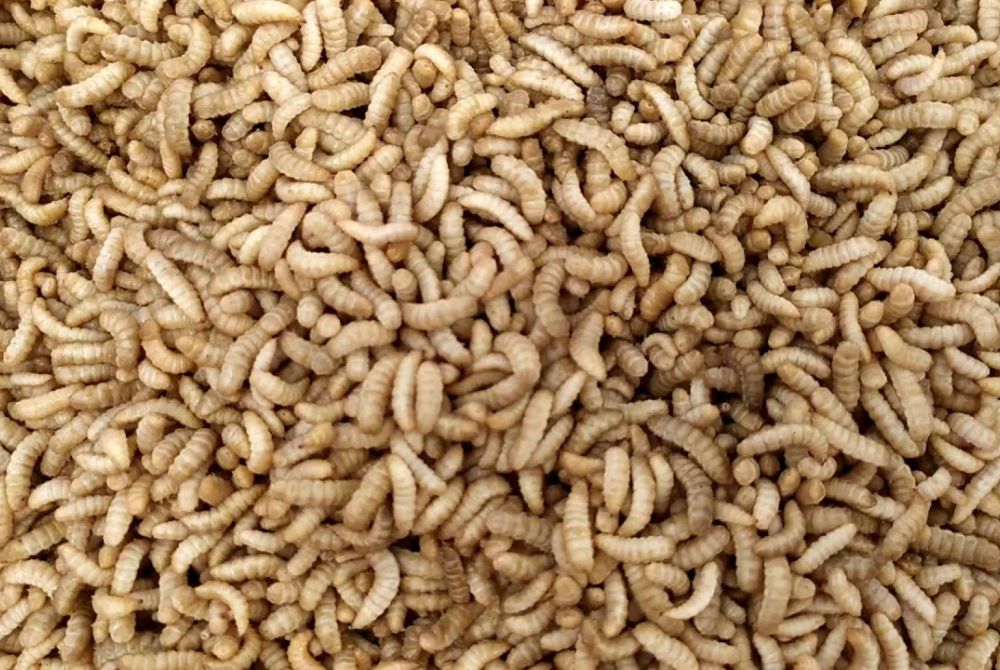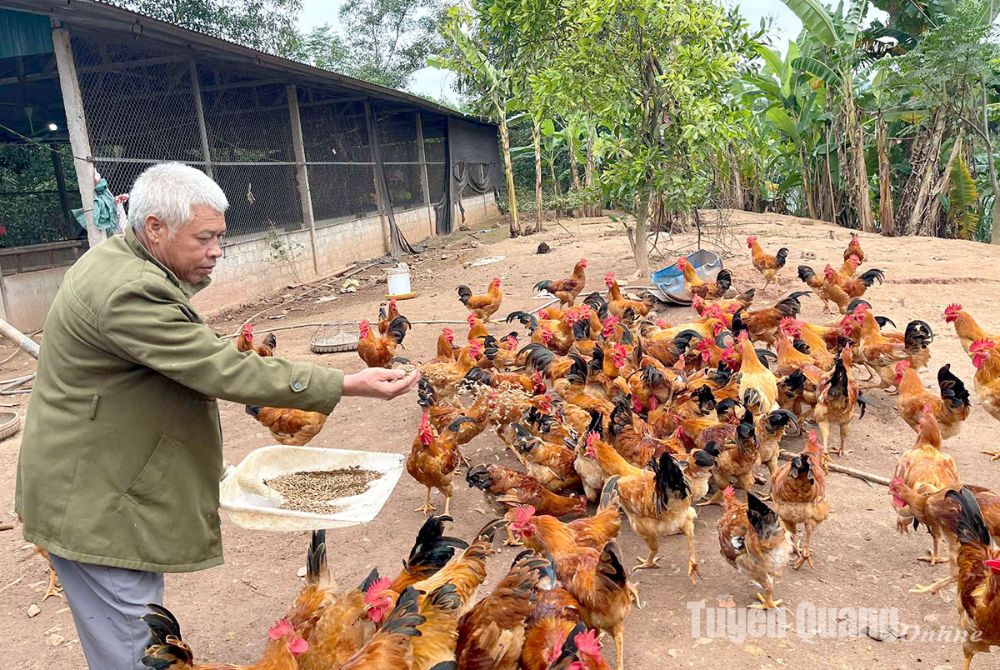Farmers protect the environment to cope with climate change.
Recently, Tan Loc commune, Thoi Binh district, built many tanks to collect empty bottles and packaging of pesticides after use, bringing positive effects in protecting public health. Protect the environment, proactively respond to climate change, and be enthusiastically responded to by many farmers.
Pesticides are widely employed in farming, particularly in rice production, to avoid dangerous pests. Most pesticides are packaged in difficult-to-decompose plastic containers, bottles, and vials, and a tiny amount of residue remains after usage. If it is not collected and processed correctly, it will pollute the environment, having a negative impact on the ecology and human health.
As a result, appropriately collecting and disposing of pesticide packaging after use (pesticide waste) is critical for human health, environmental protection, and climate change mitigation.

Tan Loc commune, Thoi Binh district, has a tank that collects pesticide packaging after usage.
Tan Loc commune in Thoi Binh district contains 330 hectares of land for farming two-crop rice. Every year, the commune concentrates on propaganda to improve awareness among pesticide-using farmers. Farmers, in particular, are advised to use pesticides reasonably and safely on crops, particularly rice, while adhering to the "4 RIGHTS" principle (right medicine, right time, proper dosage, suitable method) and "3 REDUCTIONS" farming techniques. Reasonable pesticide application reduces expenses, maintains biological equilibrium in the field, and contributes to less pesticide waste.
Pesticide waste collection and treatment is an essential issue in agricultural output, and commune officials are concerned about it. Tan Loc commune received funding from Ca Mau province's Department of Crop Production and Plant Protection in 2014 to construct 05 tanks to collect pesticide waste for hamlets producing two crops of rice. To date, the commune has 15 storage tanks, which are positioned on important highways connecting to farmers' productive regions and handy transit locations.
The collecting tanks are cylindrical, approximately 60cm in diameter and 70cm high, cast in thick concrete, with a robust base and cap to prevent waste from leaking into the soil and spreading to the surrounding environment. A door above the body allows pesticide waste to be deposited into the tank. Depending on the route, the distance between tanks is around 1 km.
In addition to constructing storage tanks, the commune administration has organised propaganda efforts and mobilised citizens to promote awareness and enforce the collection of pesticide packing and bottles after use. At the same time, could you direct farmers to collect and gather in the appropriate locations? Currently, the amount of pesticide waste in the commune's fields has fallen dramatically, and people's awareness has increased.
Mr Ly Van Tre from Tan Loc commune, a hamlet, stated that the establishment of collection tanks in hamlet one had provided a safer place for farmers to collect and dispose of pesticide packaging and bottles, ensuring they are not indiscriminately disposed of into the environment.

Collecting pesticide bottles and packaging to help clean the fields has become a regular job for farmers in Tan Loc commune.
Vice Chairman of Tan Loc Commune People's Committee Tran Dai Lac said: "Building a tank to collect pesticide waste has brought positive results. After the tanks were put into use, people basically collected pesticide packaging. They put it in the right place, contributing to protecting the environment, fighting climate change and protecting health".
Limit the ecological harm caused by pesticide waste; collaboration from all sectors is essential. It is critical to raise awareness among individuals who manufacture and use pesticides. Regulations for packaging and bottle collection should be observed, and all sectors should increase promotion and education to promote farmer knowledge and responsibility. Working together preserves the environment and community health.
Source www.camau.gov.vn













